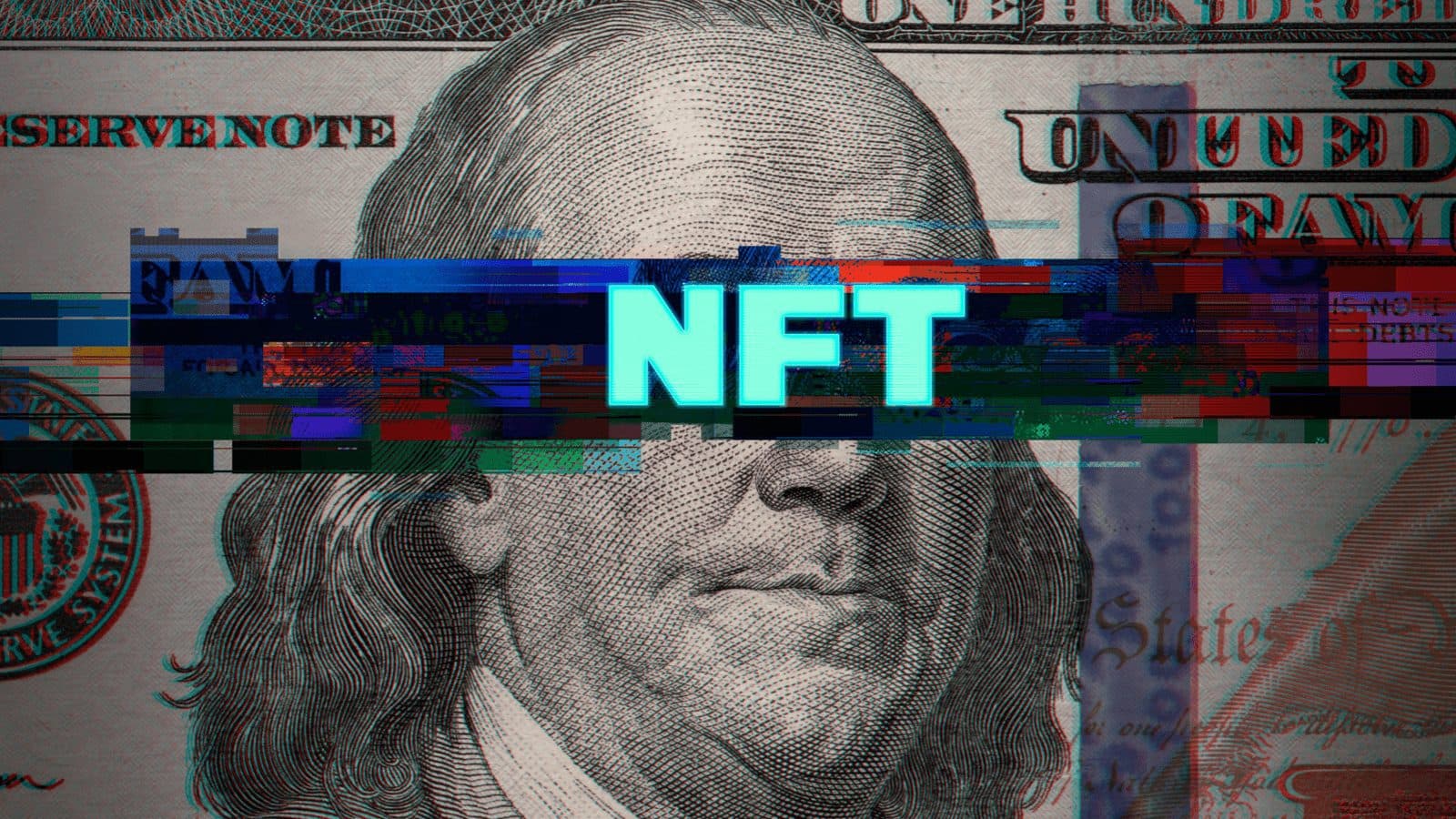Investors Can Now Buy Home Equity Slices Via Fractionalized NFTs
The new marketplace joins a growing list of startups trying to incorporate real-life use cases for NFTs

Source: Shutterstock
- “Imagine a world where, with a few clicks of your mouse, you can access the entire accumulated value of the equity in your home without incurring debt or selling and moving,” Vesta’s CEO said
- The fractionalized NFTs are packaged as a security and registered with the SEC
A real estate startup has rolled out a service that allows homeowners to part with a fraction of their equity via fractionalized NFT sales.
Vesta Equity tapped the Algorand blockchain for its NFT (non-fungible token) marketplace, which it contends is the first peer-to-peer exchange that allows homeowners to leverage and sell a slice of equity with digital collectibles.
“Imagine a world where, with a few clicks of your mouse, you can access the entire accumulated value of the equity in your home without incurring debt or selling and moving,” CEO Michael Carpentier said in a statement.
The fractionalized NFTs — which do not confer residential rights — are packaged as a security and are exempt from registration with the Securities and Exchange Commission. Holders, Carpentier said, can build a portfolio of real estate assets to complement traditional equity investments.
Qualifying as a security and meeting the SEC’s regulatory requirements have often been points of ambiguity for crypto companies.
Last year, a class action complaint was filed against Dapper Labs, the creator of popular NFT collections such as NBA Top Shot Moments, alleging that some of the digital collectibles were acting as unregistered securities.
Vesta sees little gray area in the SEC’s interpretation — Carpentier says he doesn’t “feel the regulatory environment is unclear.”
“The SEC’s position on fractionalized real estate assets is very clearly articulated,” he said. “They consider them securities, and their sale needs to be made under an SEC offering type.”
The marketplace joins a growing number of NFT projects vying for real-life use cases.
Blockchain startup Propy last month auctioned a Florida home as an NFT for over $653,000. Propy CEO Natalia Karayaneva told Blockworks the company’s services could “turn into a standard in the [real estate] industry.”
“NFT sales reached $4 billion in December 2021, and real-world assets will soon represent a significant portion of that market,” Karayaneva said.
Correction: Fractionalized NFTs are exempt from registration with the SEC. This story was updated on April 4th, 2022.
Get the news in your inbox. Explore Blockworks newsletters:
- The Breakdown: Decoding crypto and the markets. Daily.
- 0xResearch: Alpha in your inbox. Think like an analyst.






